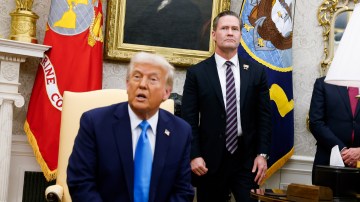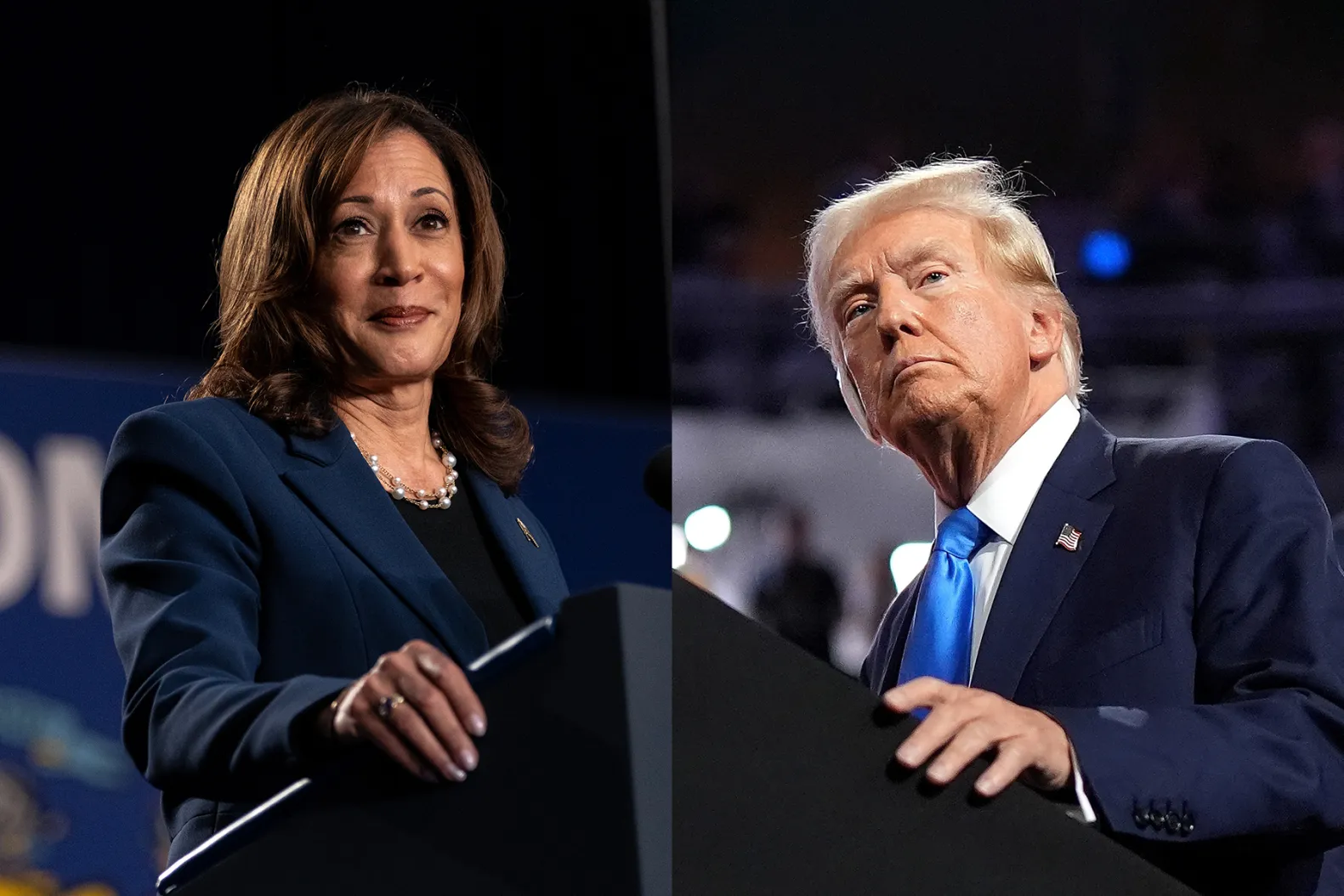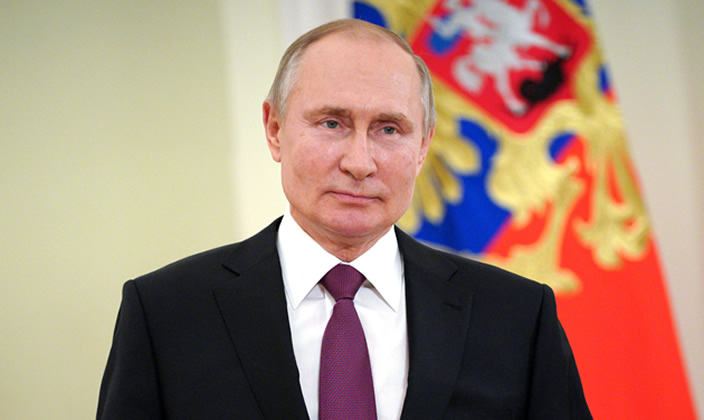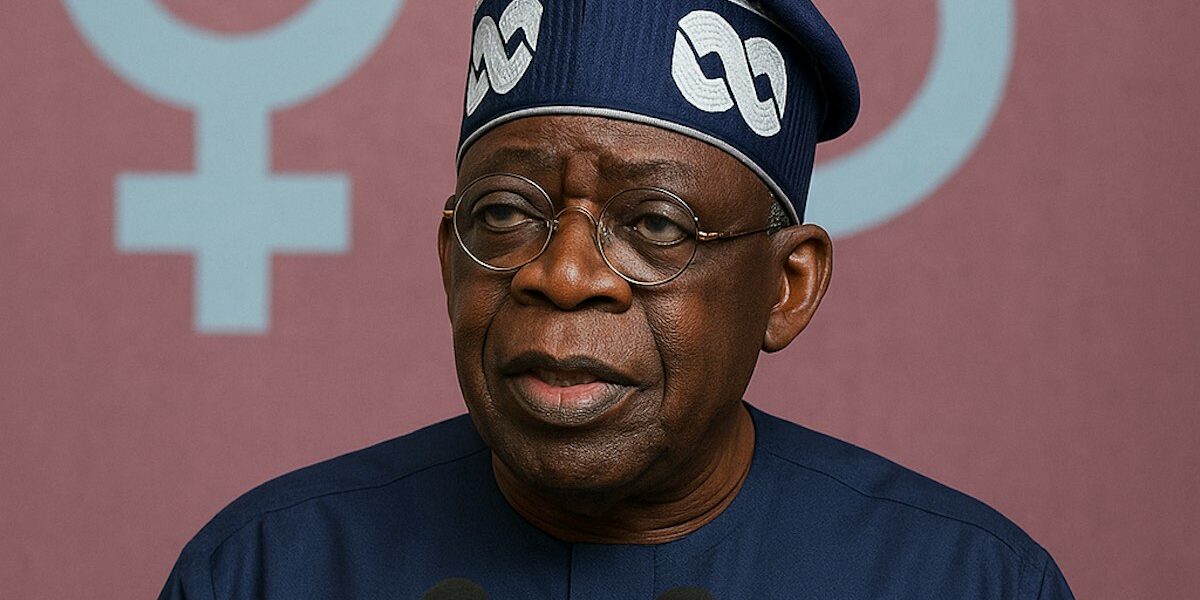President Donald Trump has dismissed National Security Adviser Mike Waltz and his deputy, Alex Wong, following a significant security breach involving the accidental inclusion of a journalist in a confidential group chat discussing U.S. military operations in Yemen.
The incident, dubbed "Signalgate," occurred when Waltz inadvertently added Jeffrey Goldberg, editor-in-chief of The Atlantic, to a Signal group chat where top officials, including Vice President JD Vance and Defense Secretary Pete Hegseth, were deliberating sensitive military strategies. This misstep led to the exposure of classified information, prompting widespread criticism and calls for accountability.
Initially, President Trump defended Waltz, attributing the error to a technological glitch and emphasizing that no critical information was compromised. However, as the controversy intensified and internal pressures mounted, Trump decided to remove Waltz from his position. Despite the dismissal, Trump has nominated Waltz to serve as the U.S. Ambassador to the United Nations, a move that may face resistance in the Senate due to concerns over his handling of classified information.
In the interim, Secretary of State Marco Rubio has been appointed as the acting National Security Adviser. The administration is reportedly considering several candidates for the permanent role, including Stephen Miller, Steve Witkoff, and Richard Grenell.
The "Signalgate" scandal has underscored ongoing challenges within the Trump administration regarding information security and internal cohesion, drawing parallels to similar controversies during Trump's first term.

.jpg)









